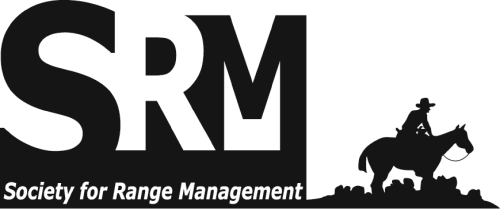The Conservation Effects Assessment Project (CEAP) uses science to inform policy decisions, enrich conservation planning and implementation, and improve management decisions. A process-based model, APEX, is being used in the cropland phase of CEAP, and will be used for the rangeland and pastureland phases as well. In addition to simulating plant growth, APEX simulates processes of environmental concern, including soil loss, cycling of C, N, and P, and recharge to aquifers and surface waters. However, the grazing module of APEX must be enhanced to better simulate the complexity found on grazed lands, particularly rangelands. We will present the current status of improvements, challenges faced during module enhancement, example output, and plans for additional features. Specific changes already implemented include: simulation of forage digestibility, grazing selectivity by herbivores based on forage nutritive value, user-defined options for intake quantity, excretion of nutrients based on diet composition, and multiple herds or animal species grazing the same area simultaneously. When the grazing module upgrade is complete, APEX will be able to model individual states from within state-and-transition models, and do so under alternative management scenarios. APEX will not model the transition from one state to the next, but it can model the consequences, both for production and for the environment, of a state change brought about by implementation of a conservation practice.Â

Oral presentation and poster titles, abstracts, and authors from the Society for Range Management (SRM) Annual Meetings and Tradeshows, from 2013 forward.